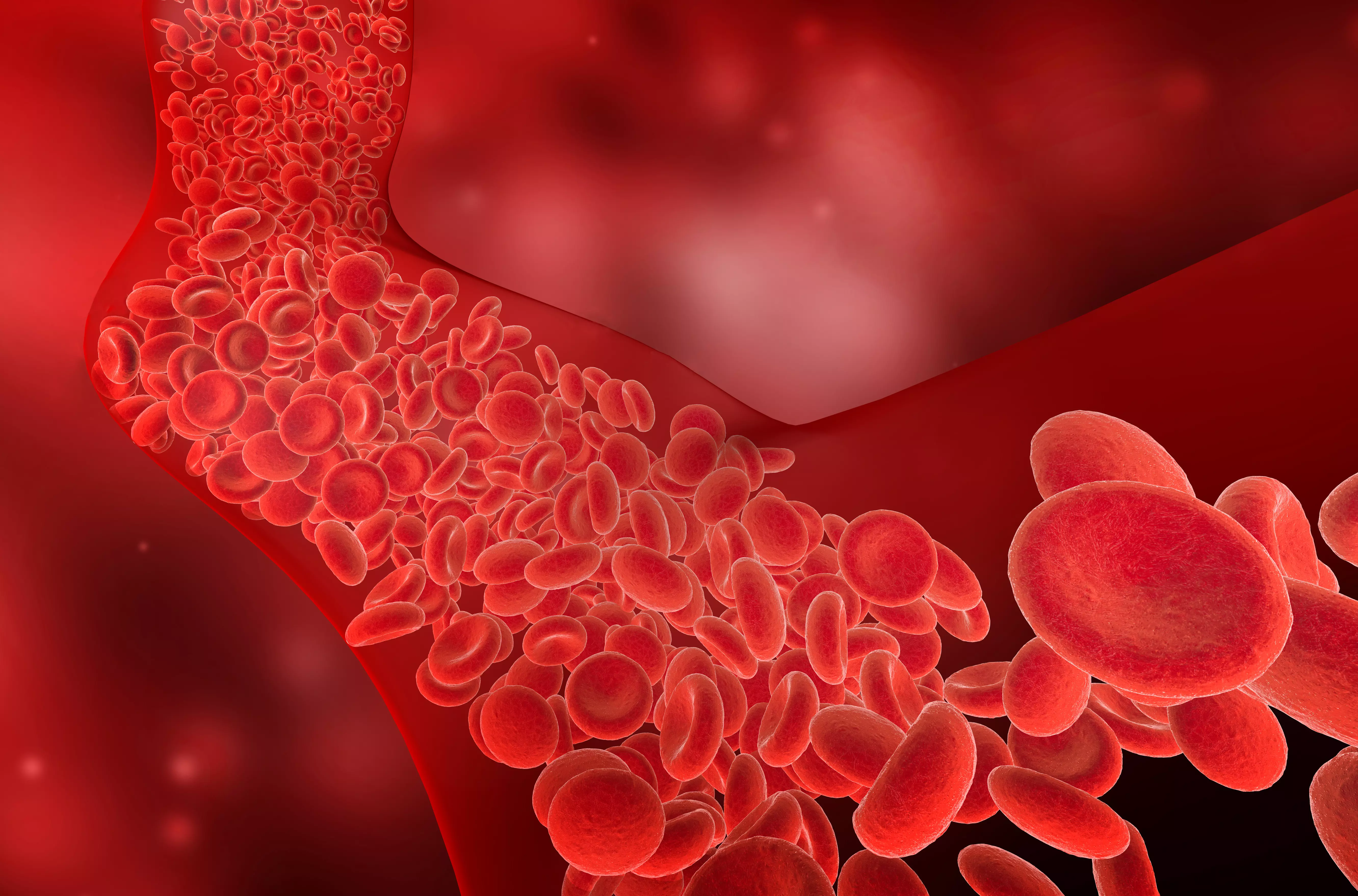How does alcohol affect kidney health?
Alcohol is a popular beverage consumed around the world. Alcohol consumption can lead to many negative health effects. One of the organs that can suffer from frequent alcohol consumption is the kidneys. It is important to understand how alcohol affects the functioning of the kidneys and what the health consequences can be.
How do the kidneys work?
The kidneys are complex organs that perform key functions in the body. Their main task is to cleanse the blood of toxins and excess chemicals. In addition, the kidneys regulate electrolyte levels, hormone production and maintain the body's fluid balance. An increase in alcohol consumption can interfere with these important kidney functions.
Alcohol and kidney blood flow
Alcohol negatively affects blood flow through the kidneys. Alcohol consumption causes vasodilation of blood vessels, which can lead to increased blood flow through the kidneys. This increased strain can lead to kidney damage and permanent deterioration of kidney function.
Alcohol can also lead to dehydration of the body. Alcohol consumption causes increased urination, which can lead to dehydration. Dehydration is one of the risk factors for kidney disease, as it increases the concentration of toxins in the body and puts a strain on the kidneys. Long-term alcohol consumption can lead to chronic dehydration, which can lead to kidney damage.
Nephritis and alcohol
Alcohol consumption can increase the risk of nephritis. Regular drinking of alcohol can weaken the immune system, making the body more susceptible to infection. Nephritis can lead to serious health problems, such as back pain, fever, loss of appetite and difficulty urinating. Regular consumption of alcohol can increase the risk of this condition.
Kidney damage and alcohol
People who regularly drink alcohol may be at risk of kidney damage. Alcohol consumption can lead to the formation of kidney stones, which can block the urinary tract and affect kidney function. In addition, the toxic components of alcohol can lead to damage to kidney tissue, which can lead to kidney failure.
It is important to understand that each person may react differently to alcohol. Some people may be more susceptible to the harmful effects of alcohol on the kidneys than others. It is also important to recognize and treat previous kidney problems to avoid further damage.
End
Alcohol consumption has negative effects on kidney health. Regular and excessive drinking of alcohol can lead to kidney damage, dehydration, increased risk of kidney inflammation and kidney stone formation. It is important to consume alcohol consciously and take care of kidney health through proper hydration and regular checkups. Remember that limiting alcohol consumption is key to maintaining healthy kidneys.
